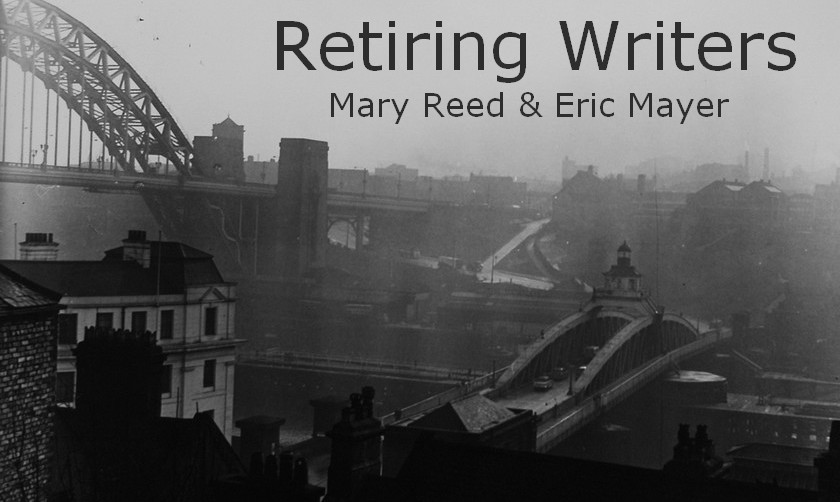Detective Murray Wigan relates a number of cases solved with the assistance of Charles Quarles, professor of philosophy.
A ghastly discovery opens The Strange Case of Sir Grenville Rusholm: the coffin with the titular character's remains has been replaced with one containing lead. Who did it and why? And where is the baronet's body?
A ransom note is received following The Kidnapping of Eva Wilkinson, who has become involved with a suitor of whom her guardian strongly disapproves. A connection between these events seems strongly indicated.
Wigan takes up an old case dubbed The Delverton Affair, in which a banker was found dead in his office. He had been poisoned but there were no traces of any in the tumbler beside him.
A man is strangled in a locked room in The Mysterious House in Manleigh Road. Involvement of the supernatural is hinted when Wigan sees a re-enactment of the death in the room's mirror.
Murder strikes a troupe of seaside pierrots **and Wigan must solve The Difficulty of Brother Pythagoras, the victim. Members of the company claim they liked him but their expressions say otherwise.
A Member of Parliament suspected of treason is murdered after dining at home with an Italian and a German. A mysterious woman calls about her forgotten bag as Wigan investigates The Tragedy In Duke's Mansions.
A man working on a top secret project does not wish to miss a dance his beloved will attend and so leaves what becomes The Stolen Aeroplane Model at home. Only a handful know of the model's existence, so the field of suspects is narrow.
As usual a servant is the first to be suspected of theft in The Affair of the Contessa's Pearls. She denies all knowledge of the missing jewelry but could her brother be the culprit?
The arts, in this case a painting and two sculptures, play an important part in solving The Disappearance of Madame Vatrotski, current toast of the theatrical world.
Wigan visits a casual acquaintance the very night the latter is murdered. Solving The Mystery of The Man at Warburton's includes establishing why two letters sent to the murdered man a couple of years before were never opened.
A servant confesses to shooting his master as they return home aboard a ship bound for Liverpool. However, the dead man died from a knife wound, one of the oddest features in The Strange Case of Daniel Hardiman.
The Crime In The Yellow Taxi is the murder of Lady Tavener on a foggy London night. Investigation reveals neither she nor her husband were where they were supposed to be that night, nor were they together.
The blasphemous theft from a church of the gift of an elderly woman kicks off The Affair of the Jeweled Chalice. In the course of their investigation Quarles and Wigan visit a boys' club and follow a likely suspect.
Echoes of the chalice case continue in The Adventure of the Forty-Ton Yawl, which opens with Wigan taking a holiday in Folkestone after a breakdown. He goes sailing with a fellow guest and finds all is not as it seems.
A spate of burglaries has broken out. A local householder shoots and kills an apparent burglar in the early hours of the morning. The Solution of The Grange Park Mystery is not as simple as it seems. For a start, who is the dead man?
My verdict: I fear I must mark this collection with a B, as some stories are not quite fair to the reader. But still worth a glance if you have half an hour to spare for the clever explanations of how Quarles reasoned his way to a solution.
Etext: The Master Detective: Being Some Further Investigations of Christopher Quarles


